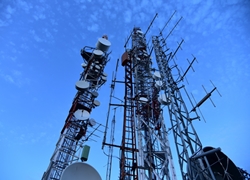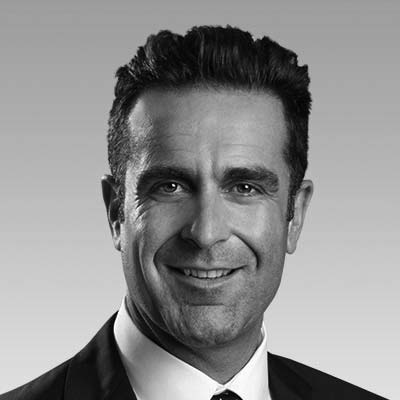LTE: A prescient acronym

Data rates used to be a convenient way of measuring the evolution of cellular wireless and while LTE (aka 4G) can be seen as a high-speed / low-latency service, which it is, what really distinguishes this Long Term Evolutionary (LTE) development from earlier networks is its prescient combination of efficiency and flexibility.
Efficiency comes from a simplified, flat, all-IP architecture having open interfaces and an evolved packet core. Flexibility is realised by a digital modulation technology that allows the signal to be split into different channels having different frequencies and data rates. Bandwidth can, therefore, be assigned in a very flexible way and this allows network operators to market a wide range of services, which include very low-bit rate services for use in Internet of Things (IoT) solutions.
A narrow-band LTE service, known as NB-IoT, provides low power, cost-effective, wide area network performance having data rates measured in a couple of hundreds of kbps, which is more than adequate for most IoT applications where the transfer of large amounts of data is not necessary. 2G networks have traditionally supported IoT devices and European operators will continue to support this service.
Edge-centric computing
Devices operating at the edge of IoT networks generate data. Bringing processing power close to the source generates real-time information on which informed decisions and actions can be taken at the local level. This development — edge computing, aka fog computing — has been driven by cost and time. When you have zillions of devices it doesn’t make sense to send all the data to the cloud for processing. Moreover, a lot of the data is only valuable for a short time period and it needs to be analysed in near real-time in order to obtain insightful information and take the relevant action.
NB-IoT is ideal for this sector and it can be provided as a complementary service to 2G and 3G. However, there are solutions that only need to send a few bits of data on a daily or weekly basis. Therefore, regular NB-IoT services designed for regular solutions tend to be over engineered and therefore over-priced.
Edge computing and NB-IoT are relatively recent, innovative developments, however the combination does indicate a gap in the market, i.e. the need to enable a cost-effective, transportation model for a digital economy involving billions of IoT devices. Many years ago, the CEO of a computer company, now defunct, indicated the importance of identifying gaps in a market and then moving quickly to fill them. The challenge in this case is to provide a service that matches that model and that is also profitable for the network provider.
The key cost issue
The key cost issue comes from the fact that creating bills and managing contracts involves a significant overhead, that is inevitable, but when data traffic is very low then the cost can exceed the perceived value of the service. Therefore, there is a clear and compelling need to replace the traditional one-size-fits-all telecoms model and market an alternative that will facilitate and accelerate the deployment of billions of IoT devices, thereby enabling an IoT-centric economy that has been long on promise but relatively short on delivery.
This issue cannot be addressed via incremental improvements to the billing and contract processes. There is an intrinsic issue: the current telecoms model is not fit for purpose when data rates are virtually irrelevant. What is needed is flat rate service, i.e. minimal paperwork and no monthly bills. Connectivity should be a plug-and-play; it should be self-service with a short implementation time. And, of course the price of this flat-rate service should match the market requirement.
1NCE’s offer is a no-brainer. 500MB for every device over ten years for €10. It includes the SIM card and subscription management fees. At first that might sound like a service that’s too good to be true, so why not go to www.1NCE.com and check it out.
The author of this blog is Alexander Bufalino, Chief Sales Officer, 1NCE GmbH

